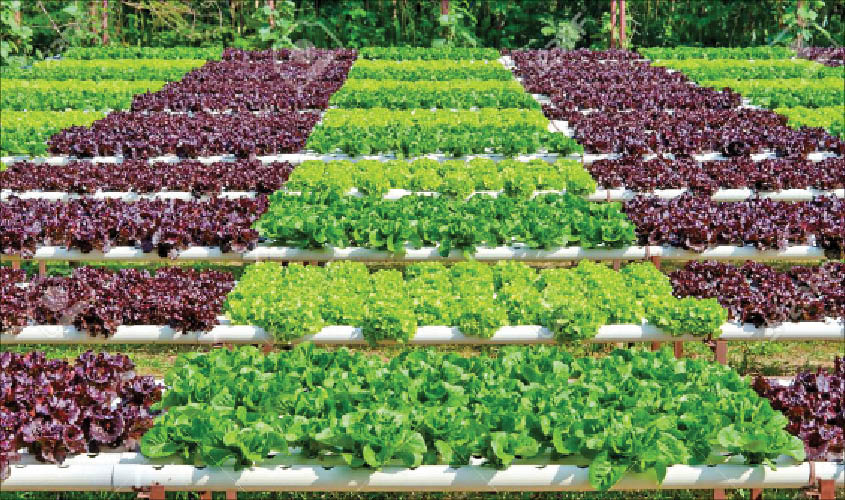Organic farming in India has witnessed significant growth in recent years, driven by concerns over environmental sustainability and health, as well as a growing demand for organic food products. This article explores the evolution, impact, and future prospects of organic farming in India, highlighting key figures like Sir Albert Howard and Subhash Palekar, and the pioneering efforts of states like Sikkim.
Organic farming has emerged as a sustainable agricultural practice in India, offering an alternative to conventional methods that rely on chemical pesticides and synthetic fertilizers. Rooted in principles of environmental stewardship and health, organic farming utilizes natural pest control derived from organic manure and plant or animal waste.
The roots of organic farming in India can be traced back to the pioneering work of British botanist Sir Albert Howard in the 1920s and 1930s. Howard’s research on composting and soil health laid the foundation for organic agriculture, gaining traction through grassroots movements and educational initiatives.
In 2003, Sikkim became the first state in India to officially embrace organic farming, prioritizing soil fertility, environmental protection, and public health. This bold initiative set a precedent for other regions and highlighted the potential of organic farming to address pressing agricultural and ecological challenges.
Key figures like Shri Subhash Palekar have also played a significant role in promoting organic farming practices in India. Palekar’s advocacy for natural farming techniques, inspired by ancient Indian traditions, underscores the holistic approach of organic agriculture.

Despite significant progress, organic farming represents a small fraction of India’s agricultural landscape, with only around 2.5% of total land under cultivation dedicated to organic practices. However, the country has witnessed a threefold increase in organic cultivation, reflecting growing awareness and adoption of sustainable farming methods.
Sikkim’s transition to 100% organic farming by 2015 stands as a testament to the feasibility and benefits of organic agriculture. By banning chemical inputs and embracing natural farming practices, Sikkim has set a precedent for other regions to follow.
Major organic products cultivated in India include oilseeds, tea, coffee, dried fruits, millets, and spices, catering to both domestic and international markets. With the organic food market expected to grow at a compound annual growth rate (CAGR) of over 25% from 2019 to 2024, the future looks promising for the organic farming industry in India.
In conclusion, organic farming offers a sustainable and environmentally friendly approach to agriculture in India. By embracing natural principles and traditional wisdom, organic farmers are not only safeguarding soil fertility and biodiversity but also promoting healthier lifestyles and a greener future.
Tags: #OrganicFarmingIndia #SustainableAgriculture #SirAlbertHoward #SubhashPalekar #SikkimOrganic #OrganicFoodMarket #EnvironmentalSustainability





